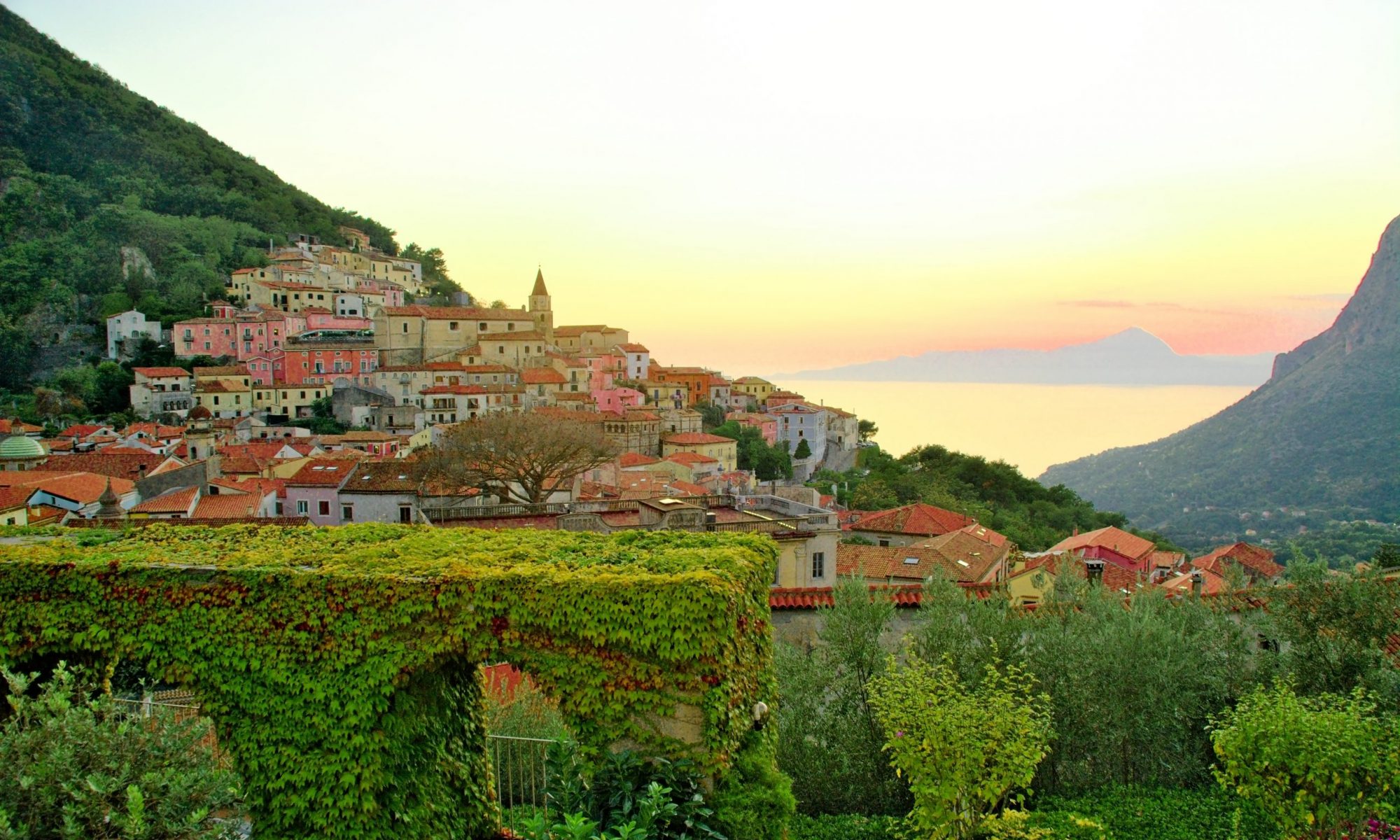Aurora Zaccagnino
University of Basilicata (Italy)
Isabella di Morra’s «valle inferna» Between Myth and Reality.
About the Movie Sexum superando
The film by Marta Bifano Sexum Superando: the story of Isabella Morra tells, through the voice of the lawyer Antonio Barattuccio and the face of Micaela Ramazzotti, the human and literary story of the poetess from Lucania, who lived her short life relegated together with her mother Luisa and her brothers in the castle of Favale, today’s Valsinni, because of the exile in France of her father, Giovan Michele Morra. The young Isabella suffered for the distance of her father, for the forced confinement, but she was a woman and found refuge in the writing. Reading her Canzoniere one perceives a dream of freedom that can only come true as an escape from the «vili et orride contrade», among «gente ignorante» who forced her to live «senza lode alcuna». The distance of the father alters the physiognomy of the oikos and its hierarchical structure, so that the brothers, «che il luogo agreste aveva educati feroci e barbari», become vicars of the father to the point of hording and carrying out a series of murders, including Isabella’s fratricide, which in the context in which it happened can be understood more as a patricide, prompted by the suspicion of an extramarital laisonbetween Isabella and Diego Sandoval de Castro, a Spanish nobleman, lord of nearby Bollita (now Nova Siri), married to donna Antonia Caracciolo.
The protagonist of the film together with Isabella is the setting – the castles of Lagopesole and Melfi, Montescaglioso and Valsinni, the river and the temple of Metaponto – which, like the Sicily of Verga’s novels, cannot be separated from its characters.
The result is a very close dialectical relationship between literature, cinema and territory in which the places in the «valle inferna» where the rhymes are born are rehabilitated in a scenario that restores the pain of the young poetess.
Aurora Zaccagnino is a PhD candidate in Storie, Culture e Saperi dell’Europa Mediterranea at the University of Basilicata, where she graduated in Literary Criticism (advisor Prof. Maria Teresa Imbriani). She was responsible for writing the thesis for the transcription of popular novels by 19th century collectors (Imbriani, Nerucci, Pitrè, Comparetti) and for the work of collection and translation that Italo Calvino did in the two-year period 1954-1956 and that led to the publication of the Fiabe Italiane. His research is moving towards the reconstruction of Calvino’s sources in the field of fairy tales, starting from the Lucanian area and the novellas that Comparetti published in 1875 in the volume Novelline popolari italiane and which drew on the work of Raffaele Bonari, his pupil at the Normale in Pisa.
